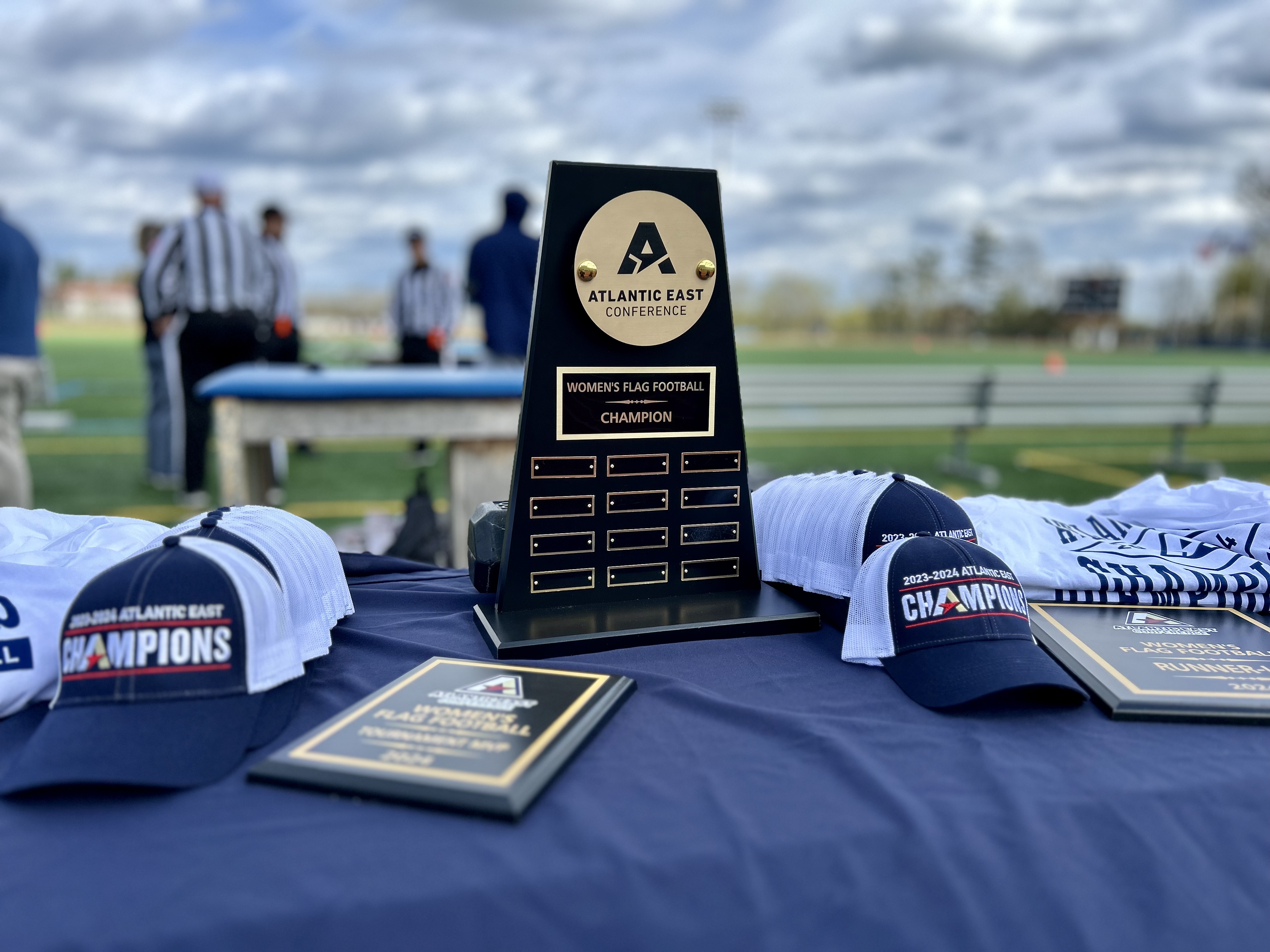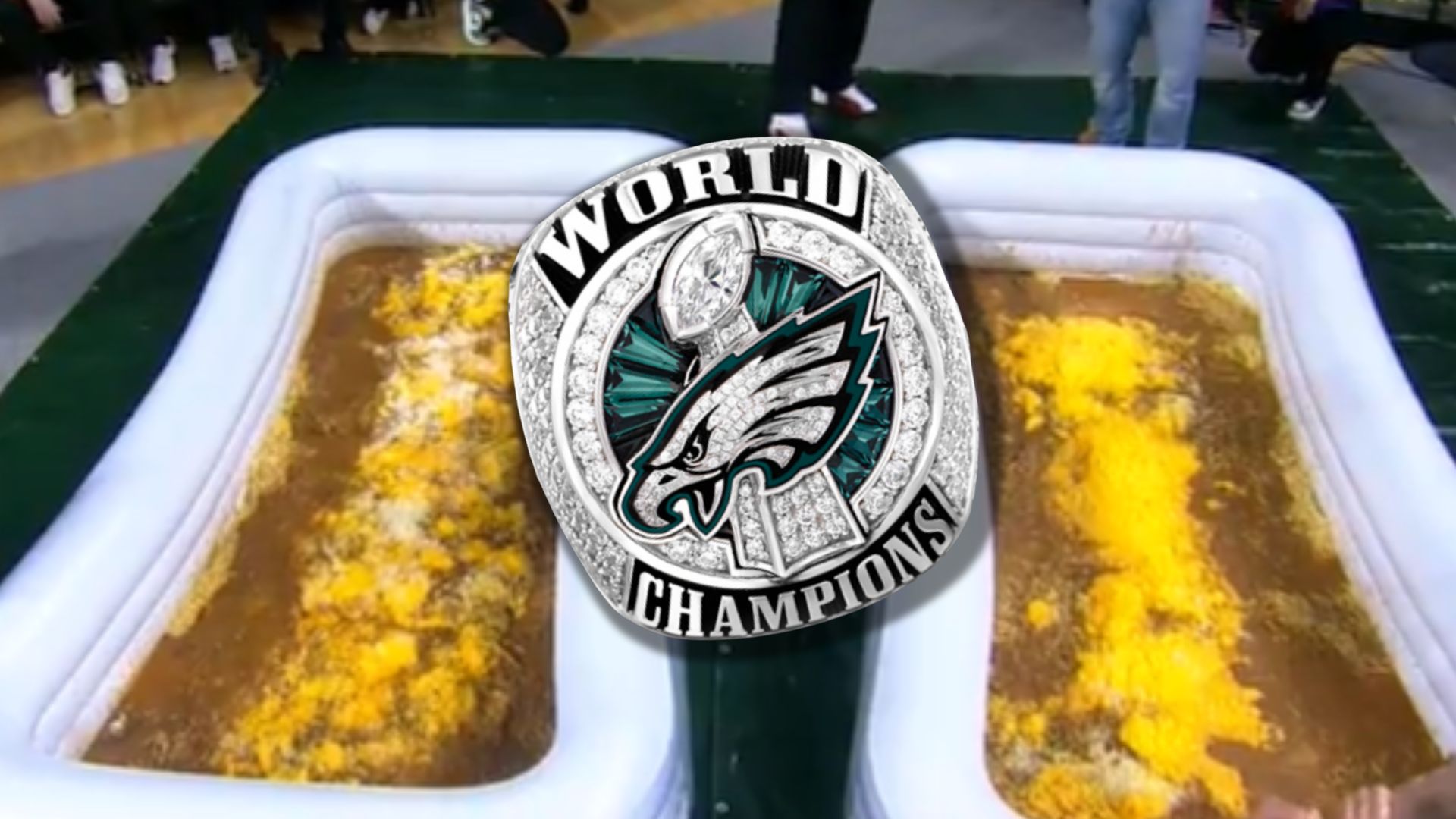For more than 15 minutes Tuesday afternoon, Phillies general manager Ruben Amaro Jr. sat in the visiting dugout at Citi Field and explained some of his reasoning for taking a conservative approach with pitching prospect Aaron Nola’s path to the major leagues.
But first, Amaro wanted to apologize to the team’s fans for comments he made on Monday.
“I’d like to apologize to the fans,” he said. “I’m a fan myself. I understand the passion and knowledge that our fans have for our game and the other major sports, all the other sports in Philly. The comments weren’t meant to disparage our fans by any stretch of the imagination. I probably used my words incorrectly or poorly. I want to apologize for that.”
When asked Monday about the organization’s top pitching prospects, in particular Nola and Zach Eflin, both of whom are at Double A Reading, Amaro defended the team’s conservative approach to their development against critical fans who would like to see the team be more aggressive.
“They don’t understand the game,” Amaro said Monday. “They don’t understand the process. There’s a process. And then they bitch and complain because we don’t have a plan. There’s a plan in place and we’re sticking with the plan. We can’t do what’s best for the fan. We have to do what’s best for the organization so the fan can reap the benefit of it later on. That’s the truth.”
Over the years, when the Phillies were winning division titles and racking up sellouts, Amaro regularly expressed his gratitude to the fans for supporting the club. He repeated his regret of the comments he made Monday.
“We have the most passionate fans, and I think that’s the beauty of Philadelphia,” he said. “I would never intentionally disparage our fans — that’s not how I go about my business, that’s not what I feel is in the best interest of the organization. We’re fan-driven. This is an entertainment business, and we need the support of our fans, and we’ve gotten tremendous support.
Sports
In partnership with NBC Sports Philadelphia
“I apologize for the context or the words that I used. There are some really positive things happening here in a way that the fans can focus on. Hopefully they can focus on the progress as opposed to my misguided quotes.”
Amaro repeated his stance that Nola, the team’s first-round pick last June, could get to the majors this season. But, he repeated, the team would determine the timetable based on its own evaluation, and some of that is subjective, of the right-hander’s progress. The same goes for Eflin, Amaro said. Both pitchers are 21. Nola turns 22 next week.
“We’re not having a ton of success at the major-league level right now so I understand why the fans would want to see these guys,” Amaro said. “But I think it’s incumbent upon the organization to make sure we do it at the right time and do it with the right plan in place.
“I’m as excited about seeing them in the big leagues as anybody else. But there’s a process they have to go through.
“They’re not that far down the street. They’re close. But when you get right down to it, Nola has only had 21 minor-league professional appearances (20 starts). We have to build these guys in a way that prepares them to be major leaguers. There’s a process. We’ve discussed it. We have a plan in place for those guys.
By comparison, Matt Harvey, the Mets’ 26-year-old ace, made 46 starts in the minors before coming to the majors. Like Nola, Harvey was the No. 7 overall pick in his draft year (2010).
“And, yes, there is danger (in going too fast) because when they get here to the major leagues the stress those pitchers go through to get outs and to compete at the major-league level is a different stress than it is in the minor leagues,” Amaro said. “So we have to build them to be prepared for that.”
Including his work at LSU and in the minor leagues last season, Nola pitched just over 170 innings.
“We’ve got to be careful with his innings,” said Amaro, who added that Nola might be kept to around 170 this season as he continues to adjust to a five-day schedule after pitching basically once a week in college.
Where to get those innings is the question and the issue the Phillies face. Nola will likely get some in the majors this season, but the Phils might have to watch his workload in September. That could point to Nola getting work in the majors in July and August, if he continues to develop to the Phillies’ liking.
“We have a plan in place to make sure that we protect them and develop them in the right way so when they get here to the big leagues they are physically protected and mentally prepared to be there,” Amaro said. “We’re trying to develop them at the right pace so that they can be the best players they can be when they get here.”



